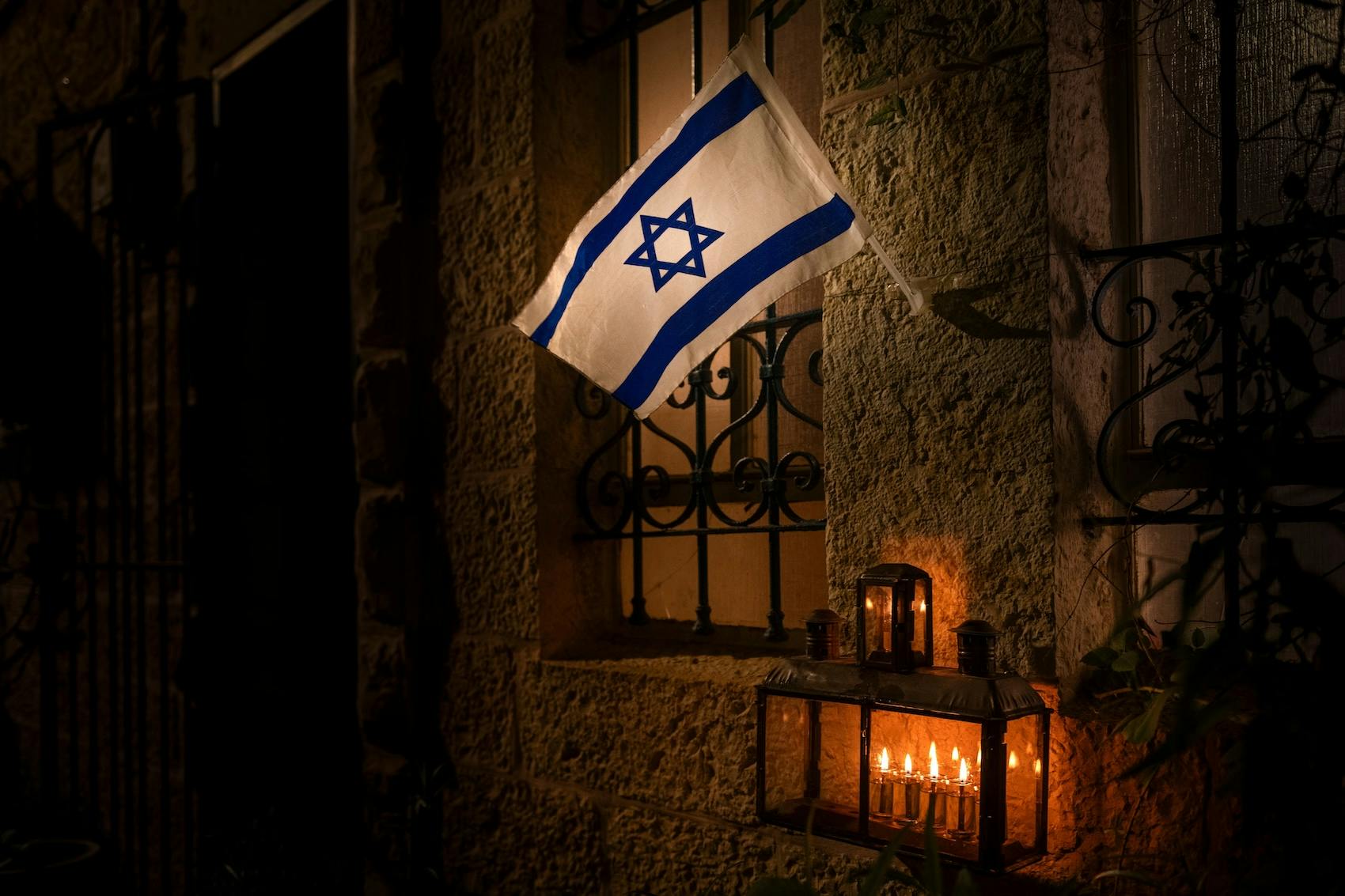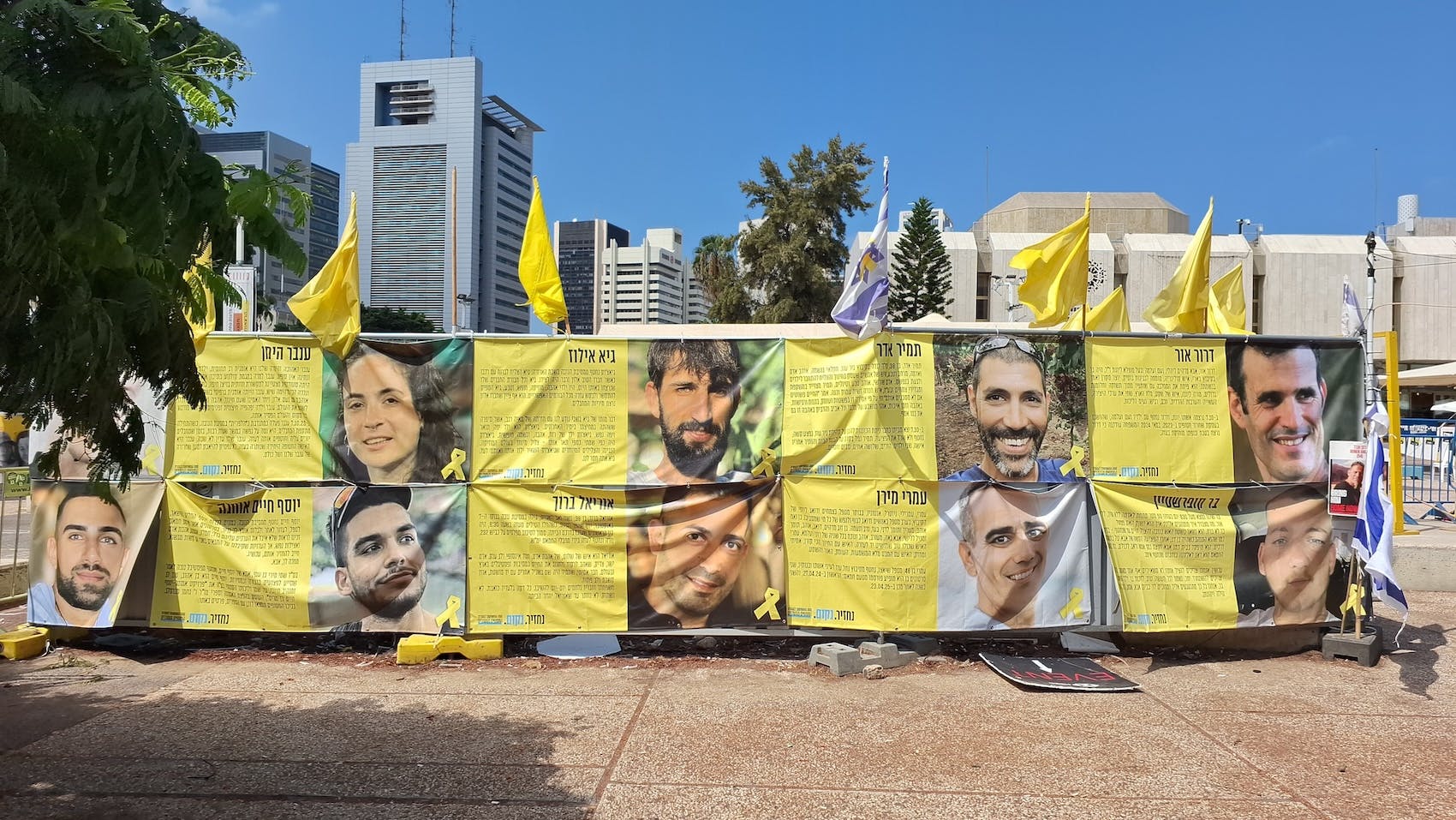The LORD spoke to Moses, saying: “Tell the Israelite people to bring Me gifts [Terumah]; you shall accept gifts for Me from every person whose heart is so moved… And let them make Me a sanctuary that I may dwell among them.”
Exodus 25:1-8
The 19th reading from the Torah is named Terumah which is translated as “contribution” or “gifts.” It is found in Exodus 25:1-27:19. The first contribution recorded in the Torah is the terumah given by the people of Israel for the building of the Mishkan (Tabernacle). The Mishkan, which later gave way to the Temple in Jerusalem, was the resting place for God’s Presence and was the central focus of Israel’s corporeal relationship with God. Three times a year, the Jewish men were commanded to ascend to Jerusalem for the three pilgrim festivals of Passover, Shavuot, and Sukkot (Deut. 16:16-17); and in the days of Yeshua, the population of Jerusalem would swell to six times its normal size during these special times! Even today, no other location is more sacred and central in Jewish life than the place where the Temple once stood. And perhaps no other subject in the Bible teaches more about the process of drawing near to God, the substance of prayer, and the atoning work of our Messiah than the Holy Sanctuary.
THE HUMAN SANCTUARY
With the exception of the tragic incident of the Golden Calf (chapters 32-33), the rest of the Book of Exodus is devoted to the preparations for and the construction of the Tabernacle. However, many Jewish commentators agree that the incident of the Golden Calf is not unrelated to the Tabernacle. In fact, the medieval Italian Rabbi, Obadiah Sforno (d. 1550), taught that the very construction of the Tabernacle was made necessary only because of the sin of the Golden Calf (Ex. 20:21, 25:9, 31:18). Harkening back to the Mount Sinai experience, he explains that the entire nation achieved such a level of prophecy that at that time, every Jew was worthy of housing the Divine Presence. But after the sin of the Golden Calf, Israel fell from their high level of spirituality, and it became necessary for Israel to host a “central” Sanctuary.
Sforno’s evaluation of the Israelite community’s status prior to the sin of the Golden Calf is similar to the New Testament teaching that each of us should be a “human sanctuary” of the Holy Spirit: “Do you not know that your bodies are temples of the Holy Spirit, who is in you, whom you have received from God? You are not your own; you were bought at a price. Therefore honour God with your bodies” (1 Cor. 6:19-20). According to the model of the Tabernacle introduced in Parshat Terumah and the teachings of the apostles, our personal temples contribute to a corporal sanctuary of God’s people (Eph. 2:19-22).
“AND I SHALL DWELL AMONG THEM”
In Exodus 25:2, God invites the entire nation of Israel to voluntarily contribute from their wealth and talents for the construction of the holy sanctuary (Ex. 25:2). Later in Exodus 36:3-6, the Torah states that the people were so anxious to have a share in creating a sacred space for God’s dwelling that those in charge of the work had to appeal to Moses to stop the people from giving! In response to the heartfelt and overwhelming efforts of the people (36:5), God stated his intended purpose: “They shall make a sanctuary for me – so that I may dwell among them” (25:8). Interestingly, the Hebrew does not say “among them” as most translations imply, but it says, ve’shachanti betocham, literally, ‘And I shall dwell within them.’ The implication is that God did not simply want to dwell in an inanimate edifice but within the hearts of the Jewish people.
Judaism has long taught that in the absence of the Holy Temple, there is always a sanctuary of sorts in our midst: “Every Jew should be a human temple. If he is holy, his personal temple is holy; if he sins, he contaminates it” (Scherman & Zlotowitz 1993, 569). In that regard, we recognize that every aspect of human life has the potential to be elevated and infused with holiness. In the days of the Temple, most of the offerings were served as food for the priests performing the services and the individuals drawing near for worship (1 Cor. 9:13). In the absence of the altar today, the Talmud teaches that a man’s table makes atonement (Hagigah 27a). That is to say that the centre of our conversations, our sustenance, and daily behaviour represent personal offerings of devotion and thanksgiving. In the same manner, the Apostle Paul wrote: “Therefore, whether you eat or drink, or whatever you do, do all to the glory of God” (1 Cor. 10:31). He also wrote concerning the redemption that has been procured for us by the atoning death of Yeshua: “You were bought at a price; therefore, glorify God in your body and in your spirit, which are God’s” (1 Cor. 6:20).
YOUR REASONABLE SERVICE
In the book of Ezekiel, the prophet warned Israel concerning the consequences of spiritual apathy, idolatry, and injustice: “Son of man, do you see what they are doing, the great abominations that the house of Israel commits here, to make Me go far away from My sanctuary?” (Ez. 8:6). Ezekiel spoke to a generation convinced that the Temple’s holiness, the habitat of God’s presence, would protect them from destruction and exile. However, Ezekiel stressed that the Divine Presence was gradually receding from the Temple. As we learn in Exodus 25-40, the Temple’s holiness was conditioned to the hearts of the people; when they lost their merit, it lost its holiness. Soon, the Temple would no longer be a temple, but merely a grand edifice, a shell devoid of sanctity. In this regard, Paul reminds all believers: “Don't you know that you yourselves are God's temple and that God's Spirit dwells in your midst?” (1 Cor. 3:16). The question of whether we are temples is self-evident. The real question is, are we offering our bodies and livelihood as a living sacrifice, holy, and accepting to God? This, after all, is our reasonable service (Rm. 12:1-2).





